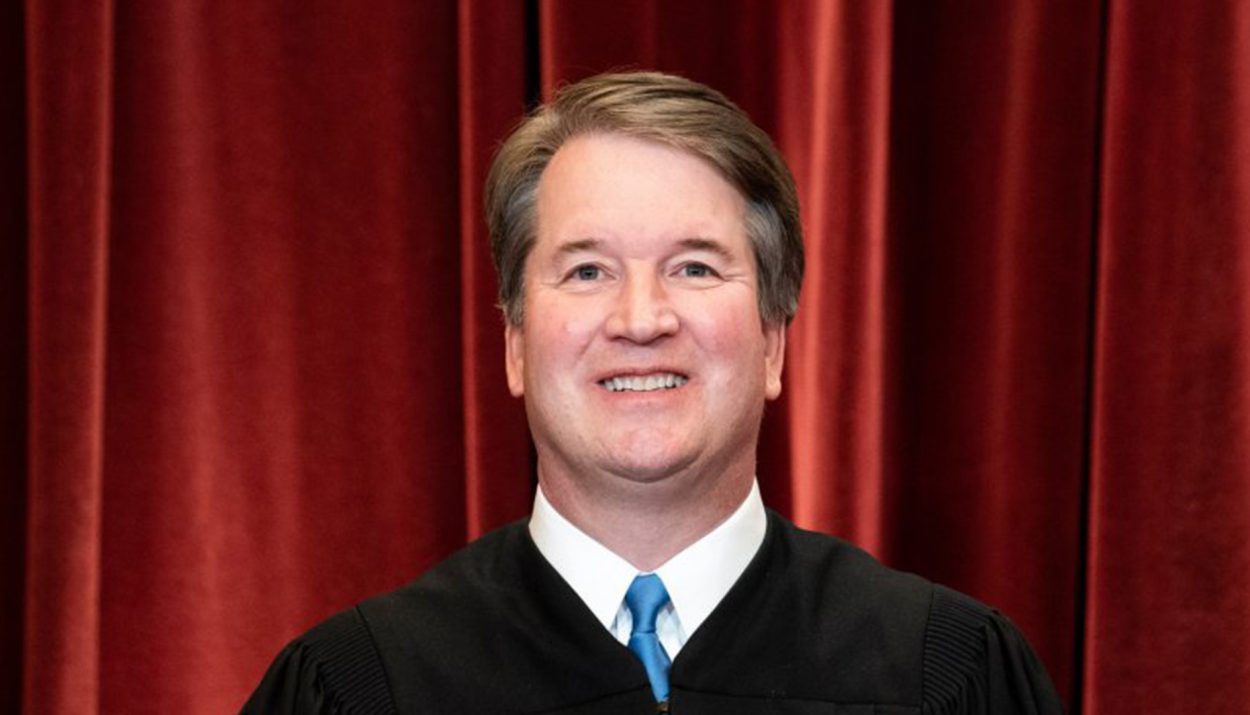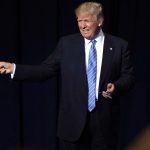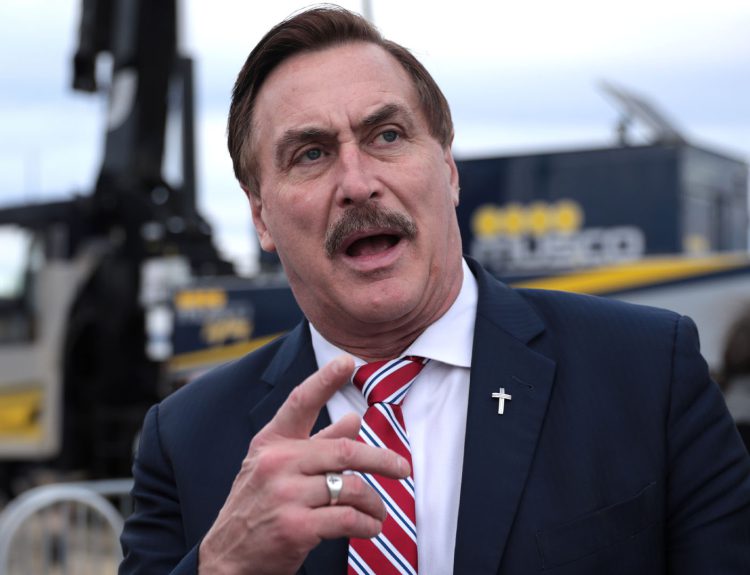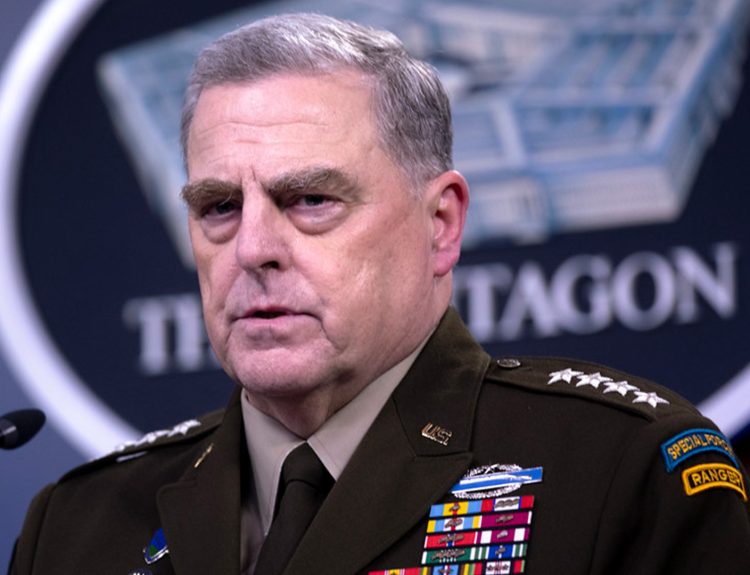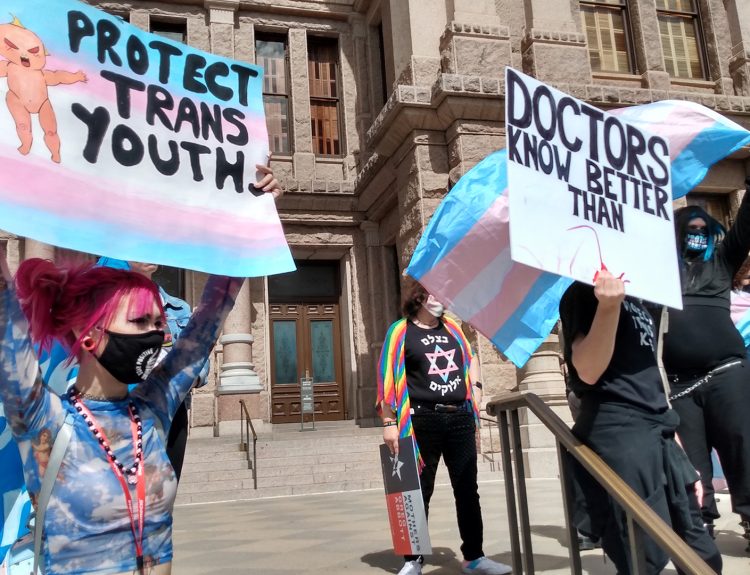Justice Brett Kavanaugh may have given some hints about his stance on former President Donald Trump’s immunity argument ahead of the U.S. Supreme Court ruling.
A legal analysis authored by Kavanaugh over a decade ago indicates his enduring belief that sitting presidents should be granted protection from prosecution due to the complexities of their role and also because alternative mechanisms exist to hold them accountable.
Kavanaugh’s 2009 Article In The Minnesota Law Review
Back in 2009, Kavanaugh wrote an article for the Minnesota Law Review where he stated, “If the President does something dastardly, the impeachment process is available.”
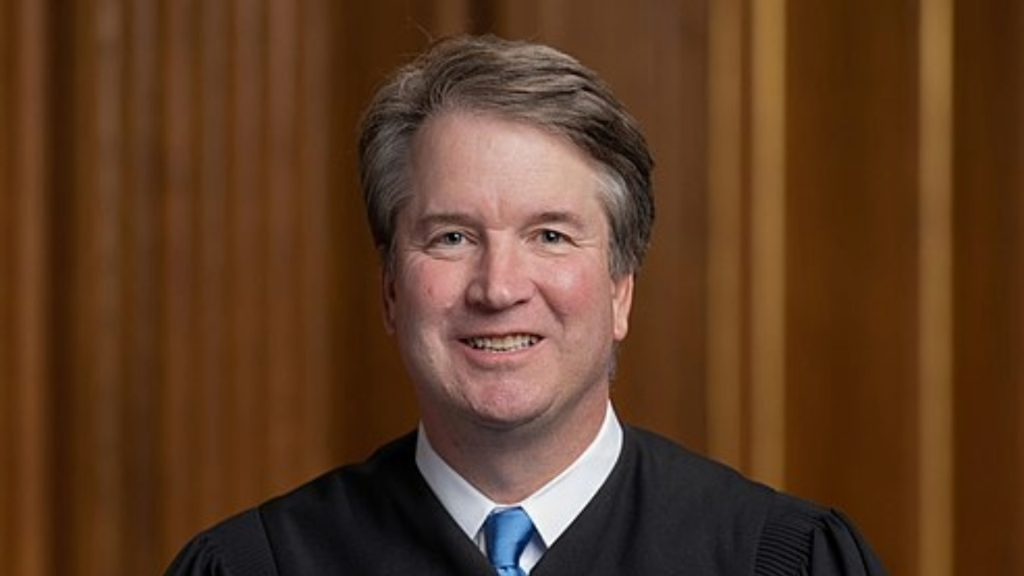
Kavanaugh wrote further, “No single prosecutor, judge, or jury should be able to accomplish what the Constitution assigns to the Congress. Moreover, an impeached and removed President is still subject to criminal prosecution afterwards.”
Kavanaugh’s Perspective Has Regained A Great Deal Of Attention In Recent Times
Kavanaugh’s perspective has regained a great deal of attention due to the Supreme Court hearing the oral arguments of the Trump v United States case on Thursday.
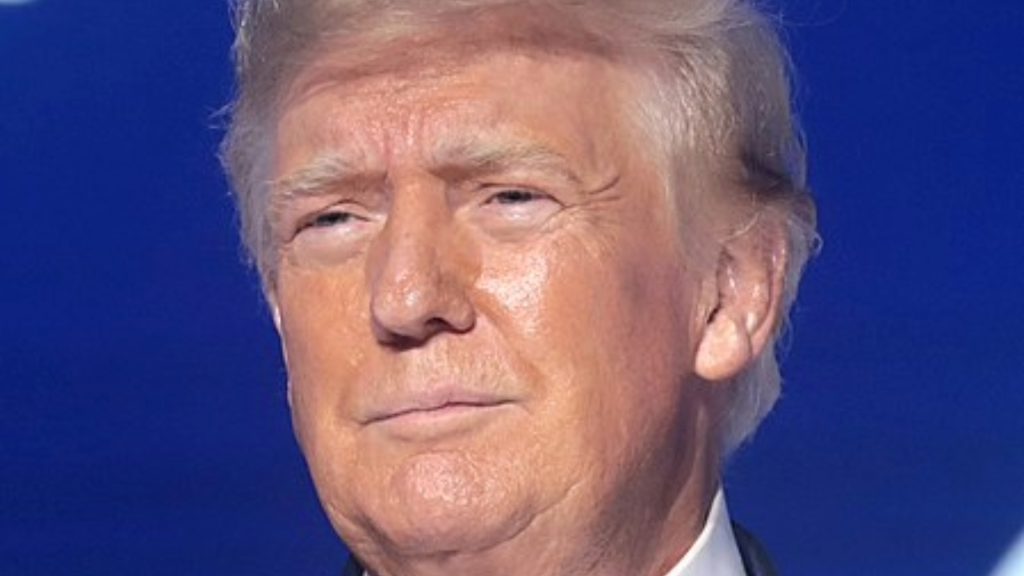
The case revolves around Trump’s assertion that presidential immunity should shield him from criminal prosecution.
Tremendous Pressure On Kavanaugh And Two Other Justices
Kavanaugh along with Justices Amy Coney Barrett and Neil Gorsuch (both Trump appointees) is facing significant pressure regarding his stance on the matter.
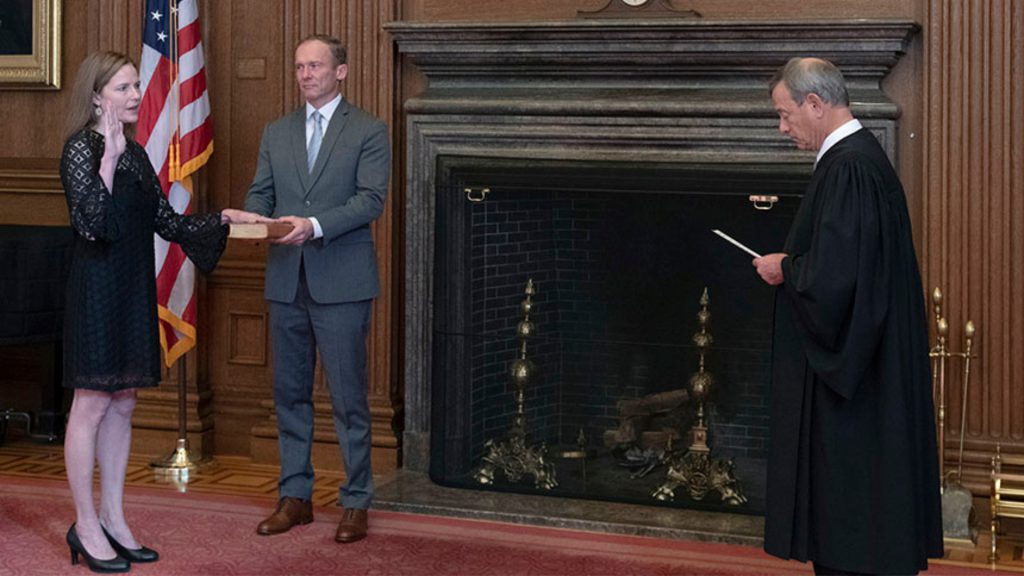
In the recent arguments, Kavanaugh, appointed in 2018, queried Trump’s attorney on the explicit constitutional basis for immunity. He also questioned the Justice Department about potential limits on criminalizing certain aspects of presidential authority.
Kavanaugh Had Argued That Prosecutions Against A Sitting President Should Be Postponed Until They Complete Their Term
Back In 2009, Kavanaugh had argued that prosecutions, whether civil or criminal, against a sitting president should be postponed until they complete their term.
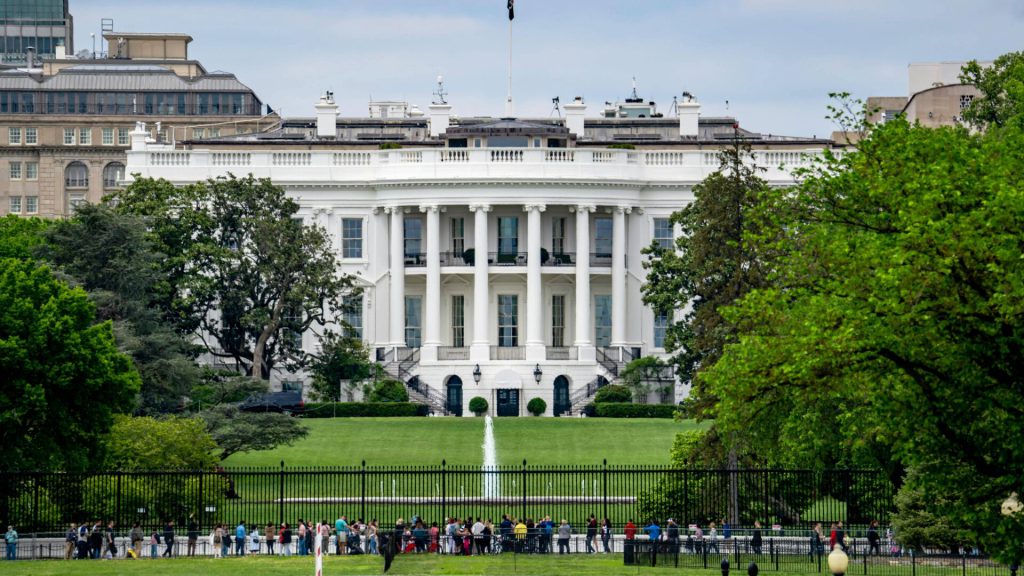
Kavanaugh had written, “The point is not to put the President above the law or to eliminate checks on the President, but simply to defer litigation and investigations until the President is out of office.”
Kavanaugh’s Article Discussed Delaying The Prosecution Instead Of Avoiding It Altogether
Alex Badas, a professor at the University of Houston and a Supreme Court expert, informed Newsweek that there is something very important thing to be noted from Kavanaugh’s article.
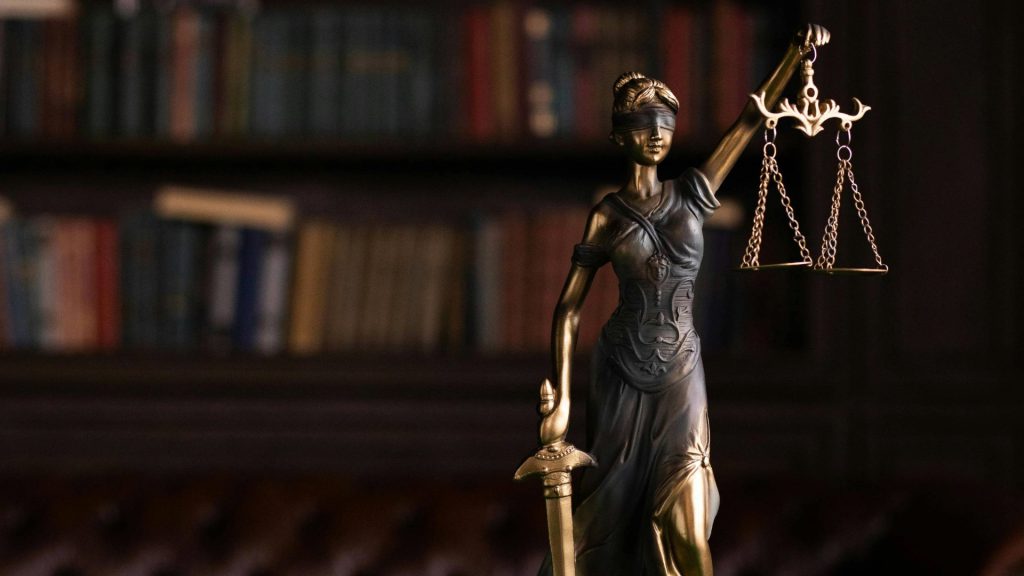
Kavanaugh’s article discusses postponing prosecution rather than avoiding it altogether.
It Is Unclear If Kavanaugh Would Expand His Perspective To Include A Former President Currently Running For Office Or Not
Badas said, “Trump is currently out of office, so that might alter how he views Trump’s claims of immunity.”
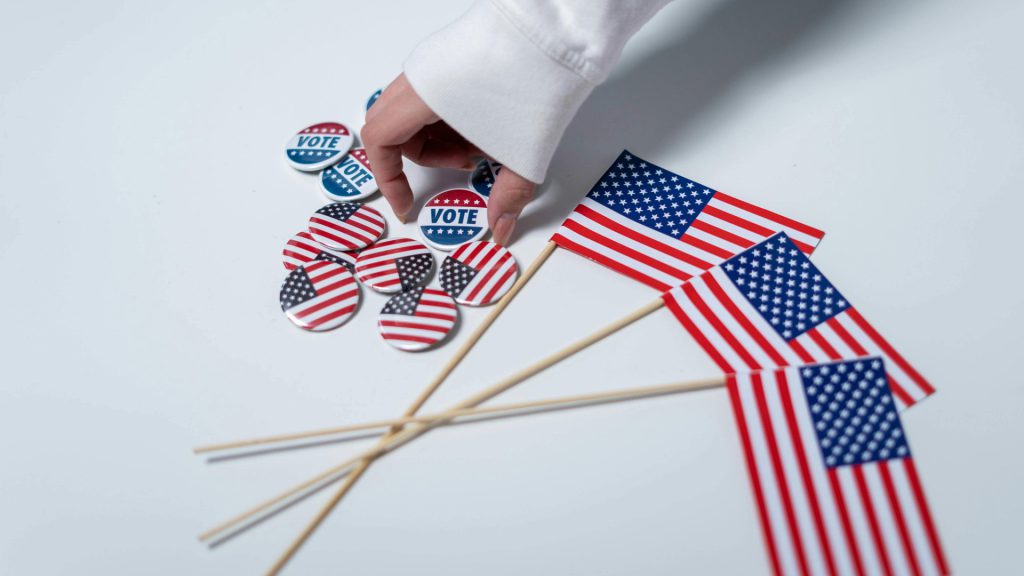
Badas added, “It is unclear whether Kavanaugh would expand that view to include former presidents who are running for office or not. If so, it could create a loophole where a president like Trump could simply declare that he is running for office every four years to avoid facing any form of consequence for his actions.”
The Difference Between A Law Review And A Judicial Decision
Badas highlighted the distinction between a law review and a judicial decision.
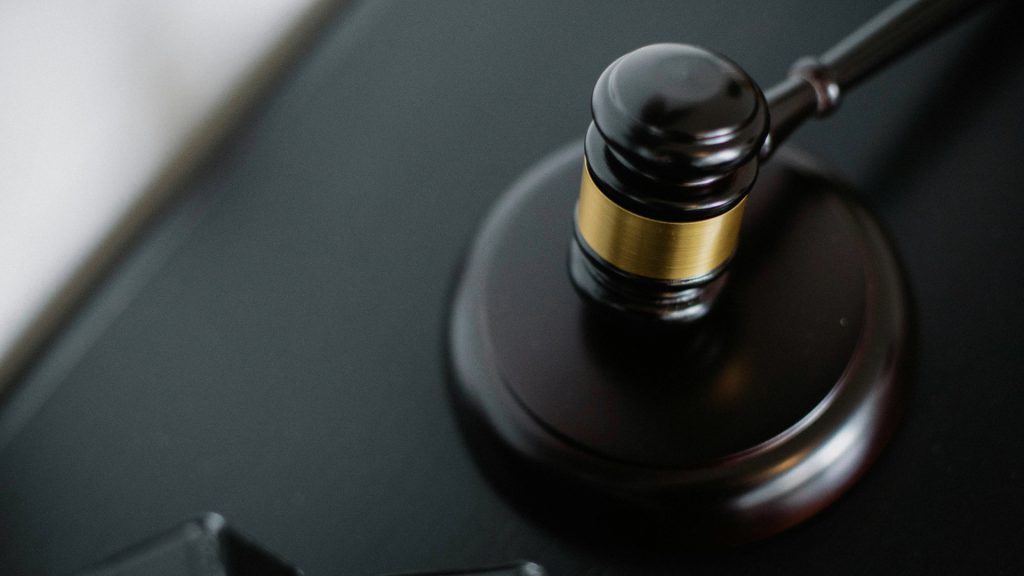
He noted that reviews often propose broader interpretations of the law, whereas decisions are concerned with very specific application of the interpretations.
Kavanaugh May Adopt A Completely Different Stance Than What He Had Presented In The Article
Badas said, “While Kavanaugh may theoretically support broad forms of presidential immunity or at least deferred prosecution, there is nothing in the article that tells us how he would view this particular application of that theory.”
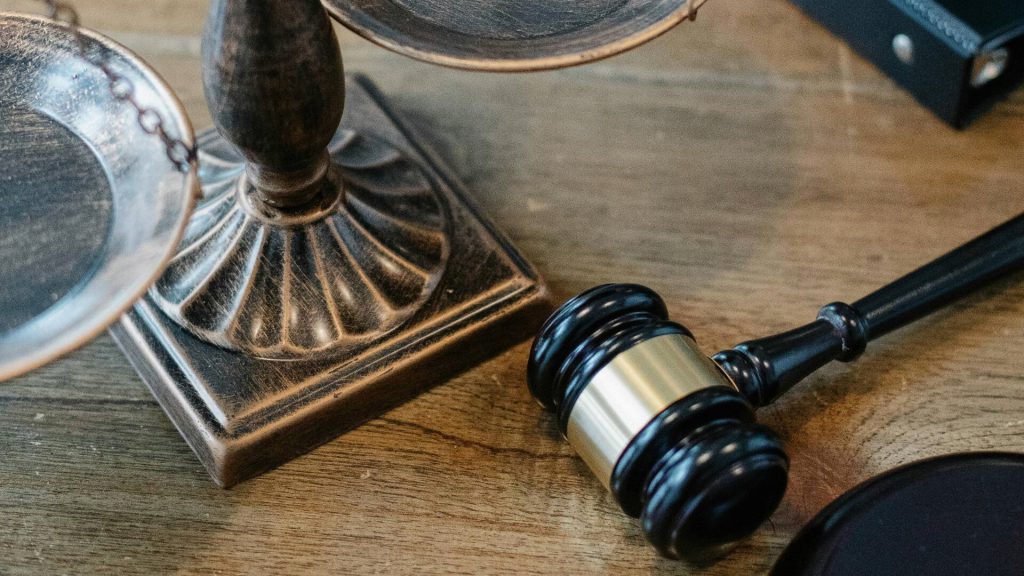
Badas noted that it is also possible that Kavanaugh would alter his stance or adopt a different legal standard, as he is not bound by an article he authored 15 years ago.
The Case Is Going To Have Implications For All Future Presidents
Justice Brett Kavanaugh has pointed out that the presidential immunity case marks a significant precedent for the Supreme Court.
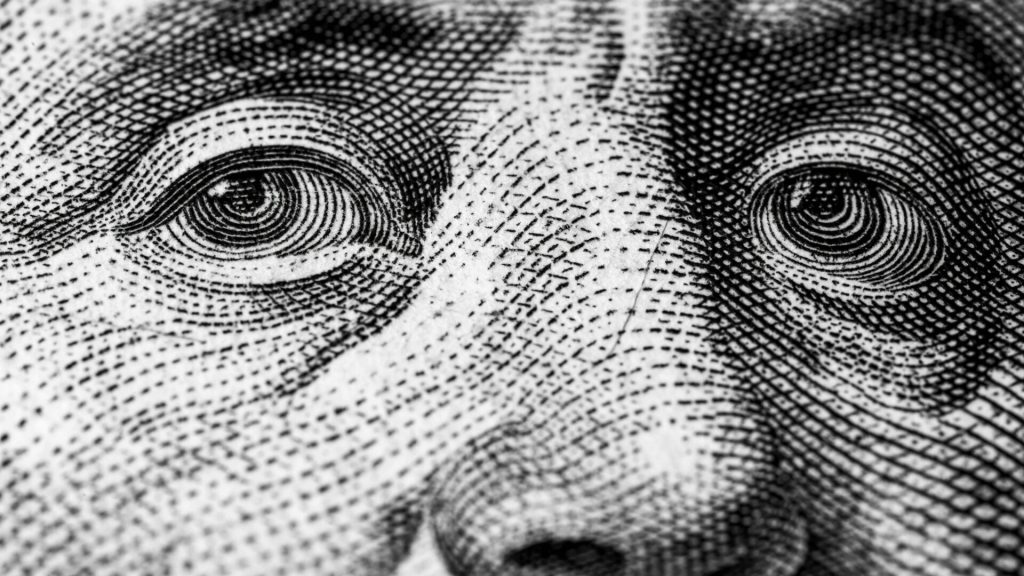
It will have implications not just for former President Trump but for all future presidents as well.
Kavanaugh References Gerald Ford’s Pardon Of Richard Nixon In 1974
During the oral arguments in the Supreme Court, Kavanaugh referenced Gerald Ford’s pardon of Richard Nixon in 1974.
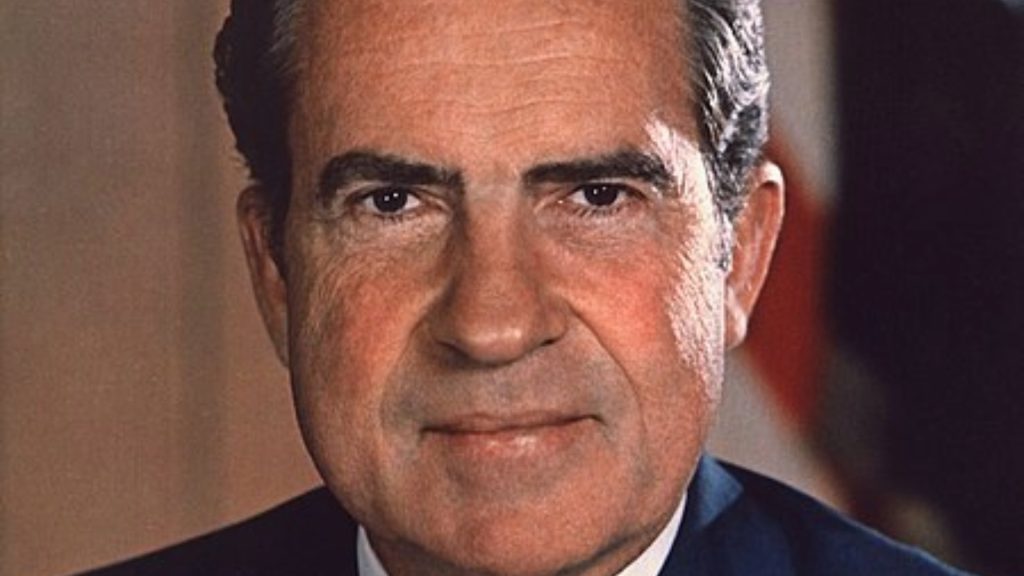
Kavanaugh stated that the decision was “very controversial in the moment.”
“Hugely Unpopular” Decision At The Time
Kavanaugh said that the decision “hugely unpopular” and “probably why” Ford eventually lost in 1976.
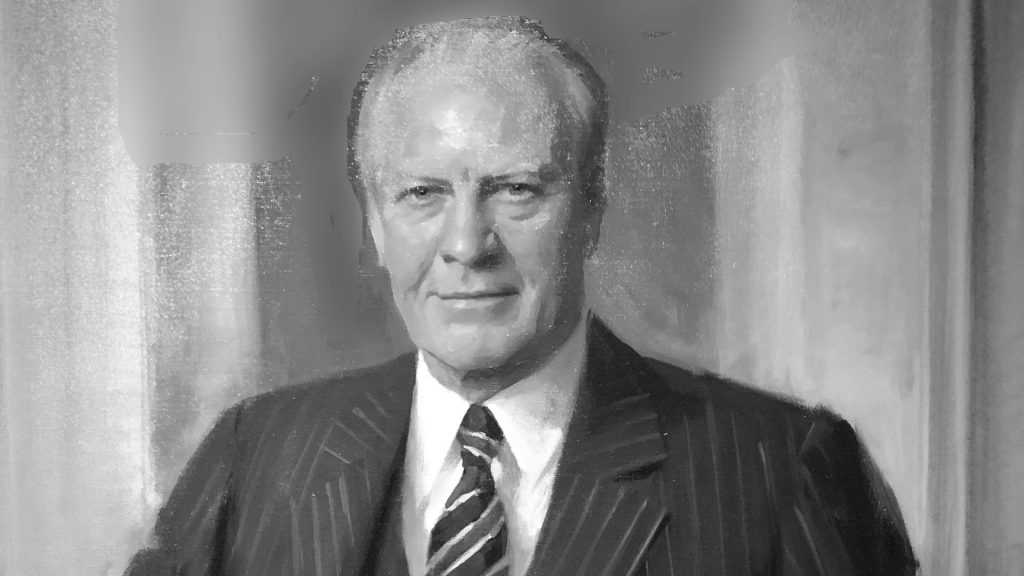
Kavanaugh added that in present times Ford’s decision is “looked upon as one of the better decisions in presidential history, I think, by most people.”
Kavanaugh Highlighted Ford’s Action As Something Courageous
Kavanaugh’s point appeared to highlight Ford’s action as something courageous, suggesting that history has vindicated the Republican’s decision.

Kavanaugh implied that if Ford had feared criminal liability, he might not have taken the commendable step. Kavanaugh suggested that all this points to a need for some form of presidential immunity.
Significant Issues With Kavanaugh’s Comparison Of The Two Scenarios
There are several significant issues with Kavanaugh’s comparison of the two scenarios.
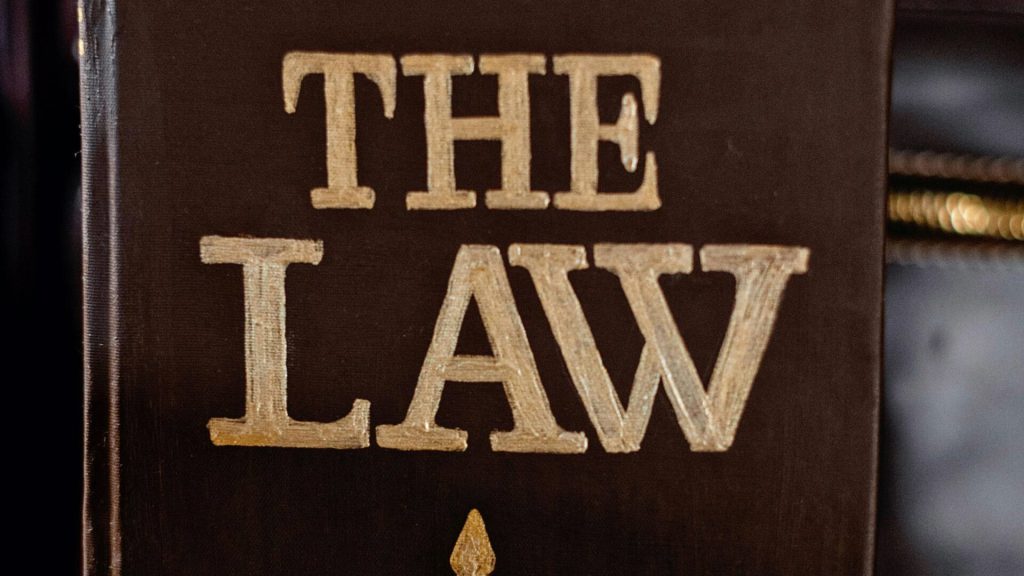
The most prominent issue is that Ford did not make any presidential immunity claims, and he did not undergo any prosecutorial investigation following his pardon of Nixon.
Kavanaugh’s Assertion Lacks Substantiation
Kavanaugh’s assertion that “most people” regard Ford’s pardon as “one of the better decisions in presidential history” lacks substantiation.
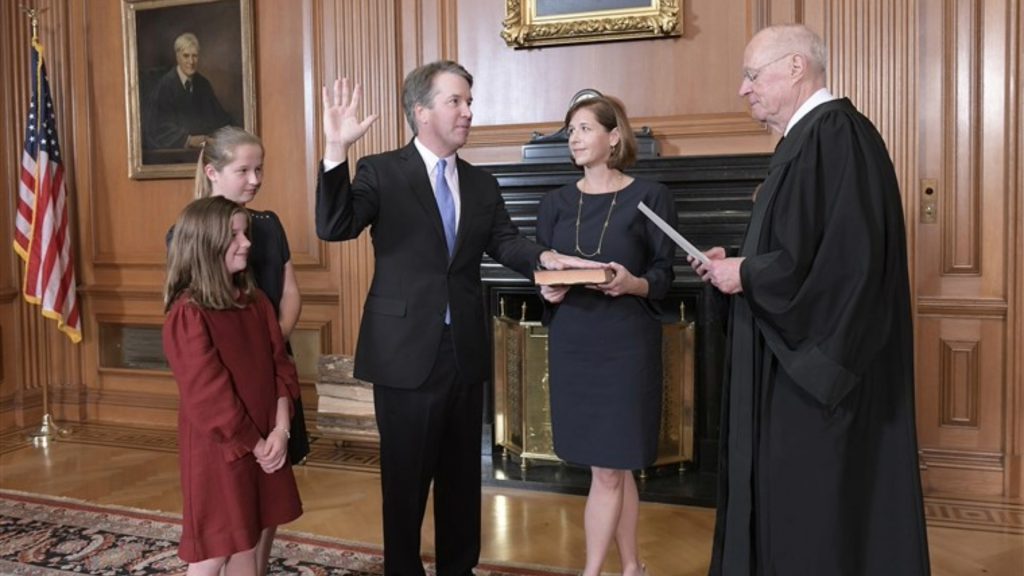
According to a recent analysis by The Washington Post, scholars and the general public do not universally view Ford’s decision in such a positive light.

